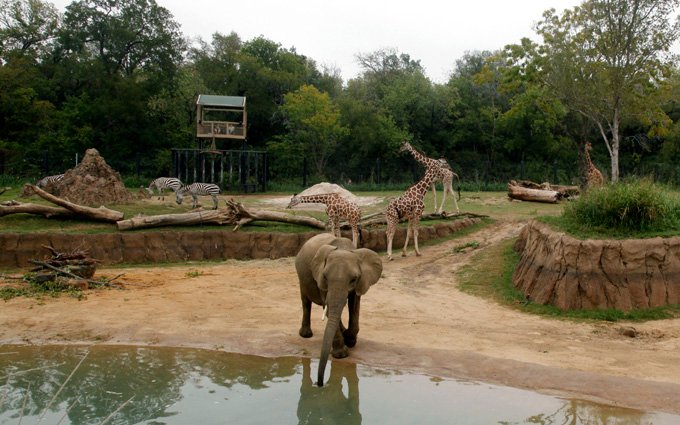By Christine Khamis
Impunity Watch Reporter, Asia
The United States State Department announced on Monday that it had determined that Myanmar is persecuting its religious minority, the Rohingya Muslims, but that the country’s persecution of the Rohingya has not risen to the level of genocide.
The State Department issued a report to Congress regarding the issue, saying that while it was “gravely concerned” about the persecution of Rohingya, that treatment of the Rohingya did not amount to mass atrocities.
The United States Congress passed legislation in 2015 that called for Secretary of State John Kerry to determine whether Buddhist extremists in Myanmar had committed atrocities against the Rohingya. Part of his directive included the task of consulting with governments and human rights organizations in Myanmar to make his determination of whether atrocities against the Rohingya had in fact occurred.
Mr. Kerry’s report stated that the State Department remains concerned about the persecution and discrimination against the Rohingya and that displacement and violence were ongoing through 2015. The report called for Myanmar’s government to pursue solutions to address the human rights violations and to grant or restore citizenship to the Rohingya and other stateless individuals.
In 1948, the United Nations defined genocide to include acts committed with the intent to destroy a national, ethnical, racial or religious group. Such acts include killings and violence against members of a group and deliberate infliction of poor conditions of life meant to bring about a group’s physical destruction.
Tens of thousands of Rohingya have left Myanmar since 2012, fleeing from persecution and poverty amidst anti-Muslim violence. Many Rohingya who have remained in Myanmar live in camps, and are denied official legal status and some basic human rights. International critics have called for the investigation into what they view as evidence of genocide against the Rohingya.

As Aung San Suu Kyi’s new government prepares to take power on April 1, her government will be under pressure to address the contentious issue of persecution against the Rohingya. Ms. Suu Kyi’s National League for Democracy Party (NLD) has been criticized so far for how little it has addressed the issue.
The United Nations and European Union stated on Monday that the hope that conditions for the Rohingya will improve under Ms. Suu Kyi’s new government has, in turn, contributed to a decline in the number of migrants fleeing the country.
For more information, please see:
Time – Burma’s Treatment of the Rohingya Is Not Genocide, Says U.S. – 22 March 2016
The New York Times – Myanmar: State Dept. Says Persecution of Muslims Does Not Rise to Genocide – 21 March 2016
Reuters – U.S. Says Myanmar Persecutes Rohingya, But Not Genocide – 21 March 2016
Voice of America – What is Genocide? – 15 March 2016
